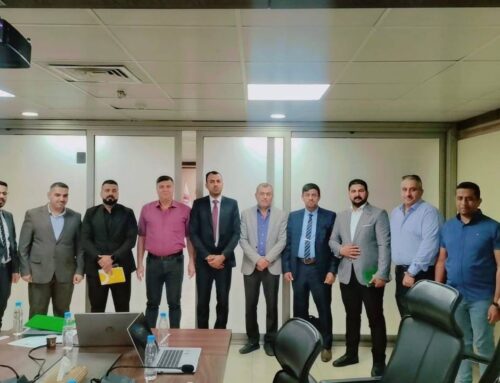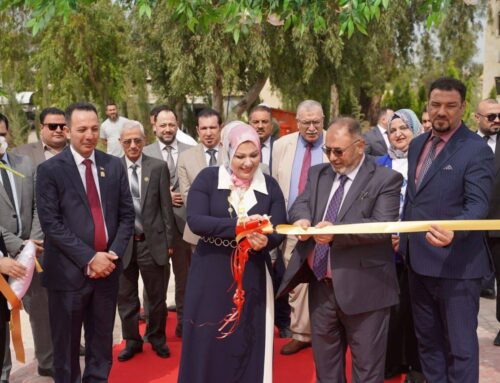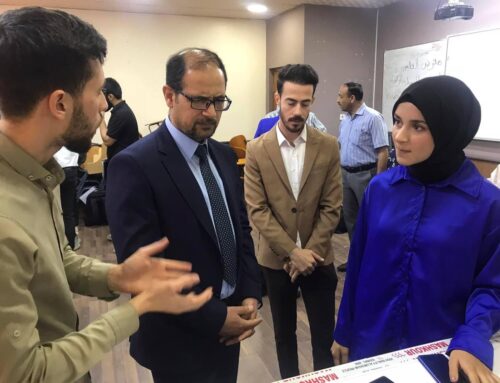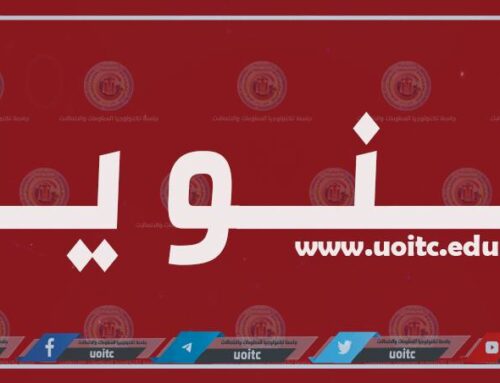The participation of a number of students of the Faculty of Business Informatics at the Global Challenges in Engineering and Technology in Dubai (ASET’2018)
A number of students from the Faculty of Business Informatics at the University of Information Technology and Communications participated in the Global Challenges in Engineering and Technology Conference held in Dubai. The conference was held at the Higher Colleges of Technology in the United Arab Emirates in cooperation with the IEEE, which discussed various topics and issues related to engineering fields and the latest trends in them, reflecting the strategic vision of the Higher Colleges of Technology in preparing national competencies in vital areas of the state and enjoying the skills of the 21st century. , And the ability to deal with challenges through innovation in ideas and creative solutions to problems in various fields.
The participation of Dr. Huda Kazem and Dr. Ahmed Sabah and teacher Ala Hamza Omran and teacher Yasser Mohammed Abdul from the Faculty of Business Informatics at the University of Information Technology and Communications at the International Scientific Conference tagged: Advances in science and engineering technology (renewable and sustainable energy international conference) In which 150 researchers and specialists from more than 20 countries participated in various engineering disciplines to discuss their latest developments in the sustainable environment and infrastructure, renewable and sustainable energy, aerospace technology, the development of artificial intelligence, the Internet of objects, mechatronics and its applications, advanced materials and design and manufacturing.
Their work which was titled Maximizing the Power of Solar Cells by Using Intelligent Solar Tracking System Based on FPGA Seeks to maximize the power of solar cells using intelligent tracking, where research aims to reduce the lack of the use of solar energy ideally in the construction of a system that simulates the principles of human movement, which can identify the ideal places that can be a cell facing the sun periodically, which in turn helps to Increase the amount of energy generated by the solar cell. A number of practical and modern electronic techniques have been used to build this system. It is worth mentioning that the Accepted Research Conference folder has been published within the IEEE Explore Digital Library




